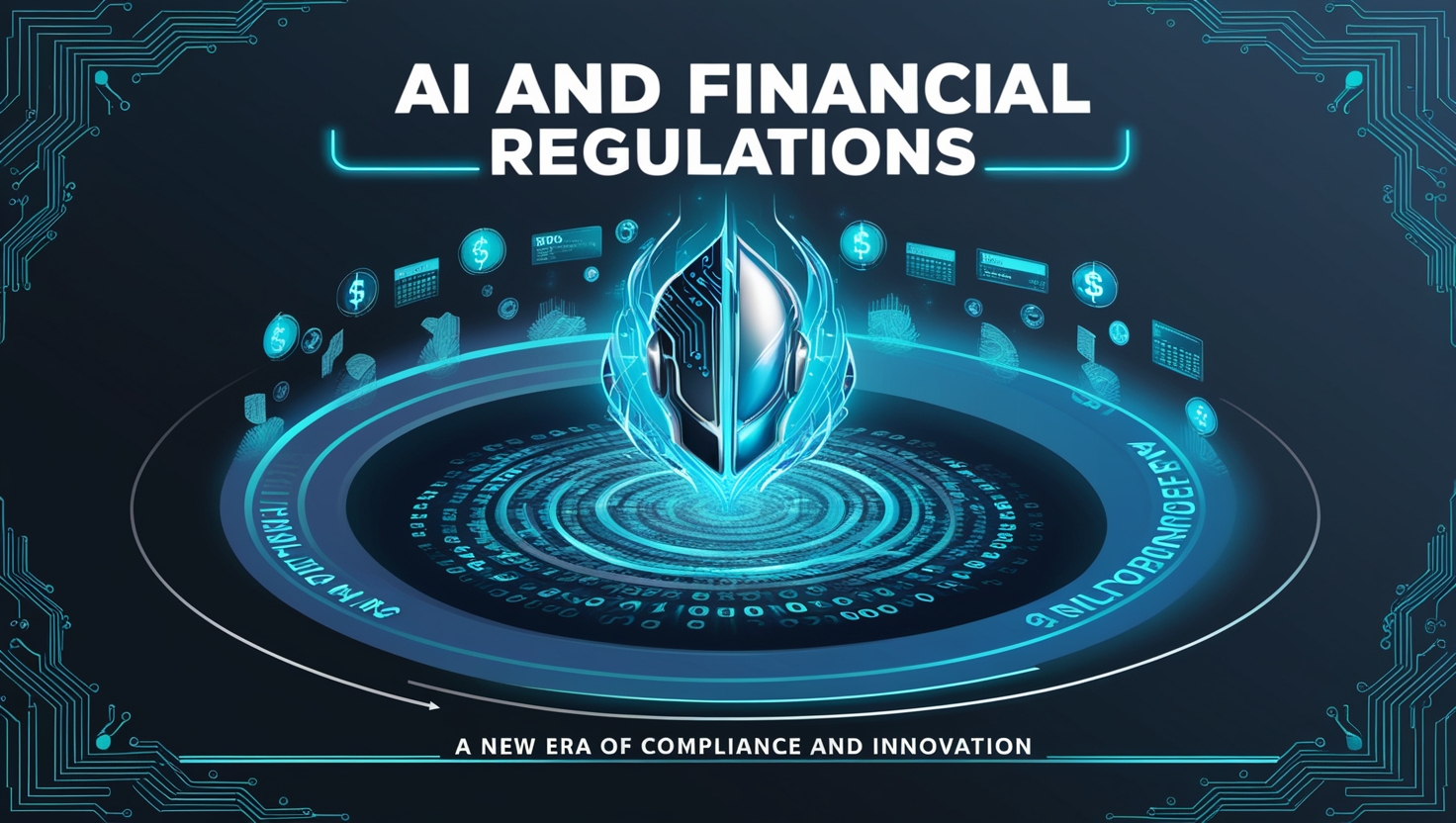Artificial intelligence (AI) is revolutionizing the financial services industry, from streamlining operations to creating personalized customer experiences. But as AI grows more integral to financial decision-making, it also introduces new challenges and opportunities in regulatory compliance.
For financial institutions, regulators, and stakeholders, understanding the implications of AI isn’t optional—it’s critical. So, what does the rise of AI mean for financial regulations, and how can we navigate this new frontier?
1. The Double-Edged Sword of AI in Finance
AI brings immense potential to improve efficiency and mitigate risks in financial systems. Algorithms can detect fraudulent transactions in real-time, automate reporting, and even predict market trends. However, with these benefits come challenges:
- Bias in AI Models: Without proper oversight, AI can unintentionally amplify biases, leading to unfair lending or investment decisions.
- Lack of Transparency: Many AI models operate as “black boxes,” making it difficult for regulators to understand how decisions are made.
Example: An AI-driven credit scoring system might unintentionally favor one demographic over another due to historical data biases. Regulators must step in to ensure fairness and transparency.
2. Enhanced Compliance Through AI
AI isn’t just a challenge for regulators; it’s also a powerful tool for compliance. Regulatory technology (RegTech) solutions powered by AI are transforming how financial institutions meet compliance requirements.
Example: Machine learning models can analyze vast amounts of transaction data to detect patterns of money laundering or insider trading more effectively than traditional methods.
💡 Impact: By leveraging AI, firms can reduce compliance costs, improve accuracy, and proactively address regulatory risks.
3. Dynamic Regulations for a Dynamic Technology
Traditional regulatory frameworks often struggle to keep pace with AI’s rapid evolution. Regulators now face the task of creating flexible, adaptive frameworks that can evolve alongside technological advancements.
Emerging Trends:
- Algorithmic Auditing: Regulators may require periodic audits of AI algorithms to ensure they meet ethical and legal standards.
- Explainability Standards: Financial firms may need to ensure their AI models are interpretable and explainable to regulators and consumers alike.
- Global Collaboration: Given the cross-border nature of finance, harmonizing AI regulations internationally is becoming a priority.
Example: The EU’s proposed AI Act is setting the stage for comprehensive AI governance, influencing global regulatory approaches.
4. Ethics and Accountability in AI Deployment
As financial institutions adopt AI, questions of accountability arise. Who is responsible when an AI system makes a mistake or causes harm? Regulations are beginning to focus on ensuring that organizations deploying AI remain accountable for its outcomes.
Example: If an AI model incorrectly flags a legitimate transaction as fraudulent, causing customer dissatisfaction, regulators may demand clear accountability and a remediation process.
💡 Impact: Ethical AI deployment is no longer a choice—it’s a regulatory and reputational imperative.
5. Preparing for the Future of AI in Finance
As AI becomes more embedded in financial operations, institutions must proactively adapt to regulatory changes. Here’s how:
- Invest in AI Governance: Establish robust frameworks to ensure transparency, fairness, and accountability in AI systems.
- Engage with Regulators Early: Collaboration with regulators during AI deployment can help mitigate compliance risks.
- Upskill Teams: Equip compliance and risk teams with AI literacy to navigate the intersection of technology and regulation effectively.
- Monitor Global Trends: Stay informed about international regulatory developments to ensure compliance across markets.
AI and Financial Regulations: A Balancing Act
AI has the power to reshape financial services, but with that power comes responsibility. For financial institutions, the key lies in balancing innovation with compliance—leveraging AI to enhance operations while adhering to evolving regulatory standards.
Regulators, in turn, must create frameworks that foster innovation without compromising fairness, transparency, or accountability. Together, these efforts will define the future of AI in finance.
How is your organization preparing for the impact of AI on financial regulations? Share your thoughts below—we’re all navigating this evolving landscape together.
#ArtificialIntelligence #FinancialRegulations #RegTech #Compliance #AIInFinance #DigitalTransformation #EthicalAI #FutureOfFinance







